The Rugby World Cup is the most prestigious tournament in international rugby, bringing together the best teams from around the world to compete for the ultimate prize. Over the years, there have been nine teams who have been crowned champions of the Rugby World Cup, each leaving their mark on the sport and creating their own unique legacy.
In this article, we will take a closer look at each of the Rugby World Cup winners and explore what made them such successful teams.

1987 – New Zealand
The first Rugby World Cup was held in New Zealand and Australia in 1987, and it was the host nation who came out on top. The All Blacks, as they are known, were the dominant force in world rugby at the time and proved too strong for their opponents throughout the tournament. Led by legendary captain David Kirk, New Zealand defeated France 29-9 in the final to claim their first Rugby World Cup title.
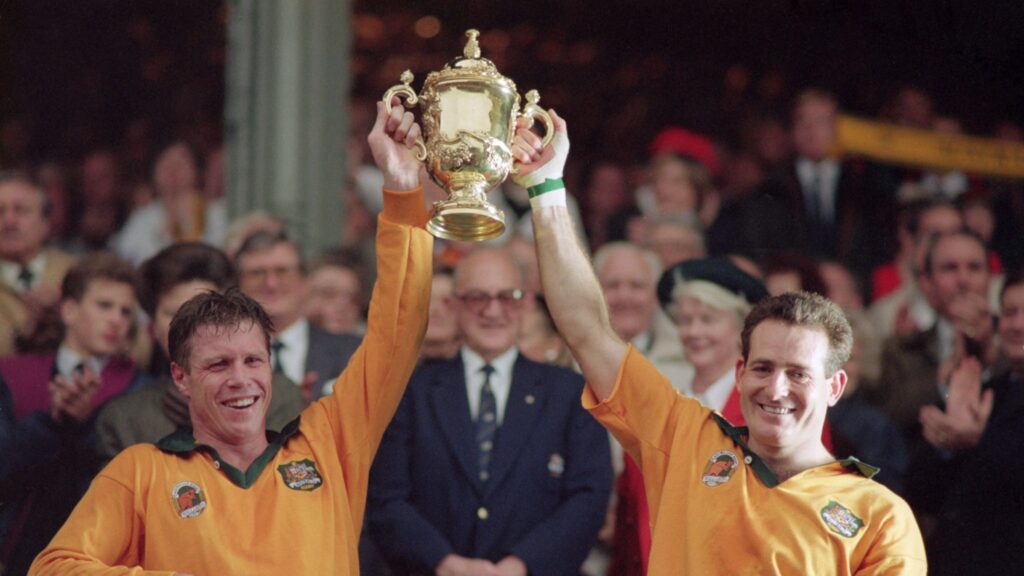
1991 – Australia
Four years later, the Rugby World Cup was held in England, Scotland, Wales, Ireland, and France. This time it was Australia who emerged as the champions, defeating England 12-6 in a hard-fought final at Twickenham. The Wallabies, as the Australian team is known, were led by captain Nick Farr-Jones and a young fly-half named Michael Lynagh, who scored all of Australia’s points in the final.
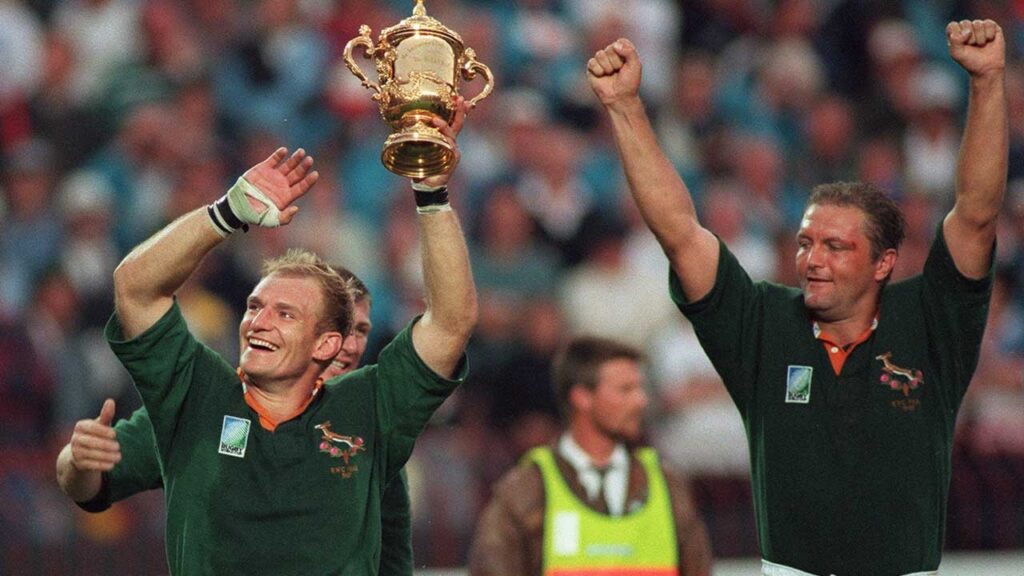
1995 – South Africa
The 1995 Rugby World Cup will always be remembered for the role it played in bringing South Africa together after the end of apartheid. The tournament was held in South Africa and it was the host nation who won the hearts of the world by claiming their first Rugby World Cup title. Led by inspirational captain Francois Pienaar and the legendary Nelson Mandela, South Africa defeated New Zealand 15-12 in a thrilling final at Ellis Park in Johannesburg.

1999 – Australia
Australia became the first team to win the Rugby World Cup twice when they claimed the title in 1999. Led by captain John Eales, the Wallabies defeated France 35-12 in the final at the Millennium Stadium in Cardiff. The Australian team was known for their attacking flair and skillful backline, which included the likes of Stephen Larkham and George Gregan.
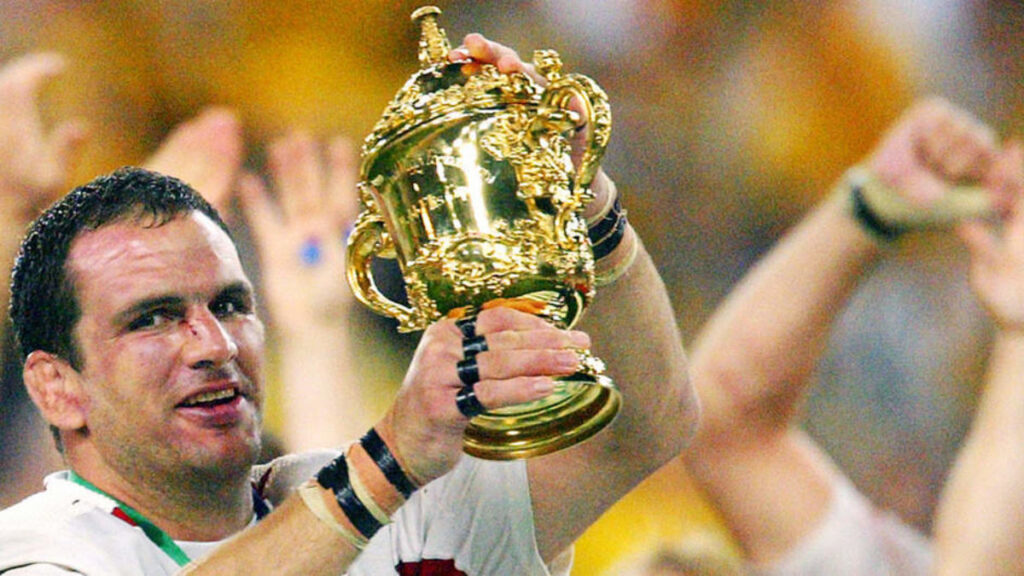
2003 – England
The 2003 Rugby World Cup was held in Australia, and it was England who emerged as the champions. Led by captain Martin Johnson and a talented squad of players, including Jonny Wilkinson and Lawrence Dallaglio, England defeated Australia 20-17 in a dramatic final in Sydney. Wilkinson’s last-gasp drop goal in extra time secured England’s first Rugby World Cup title.
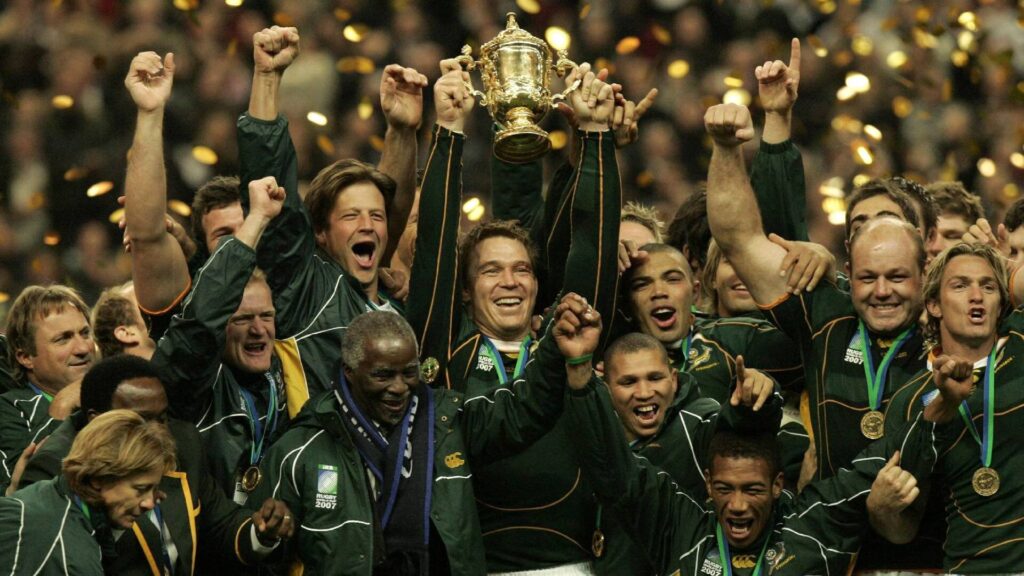
2007 – South Africa
South Africa became the second team to win the Rugby World Cup twice when they claimed the title in 2007. Led by captain John Smit and coached by Jake White, the Springboks defeated England 15-6 in the final in Paris. The South African team was known for their physicality and dominant scrum, which proved too much for their opponents throughout the tournament.
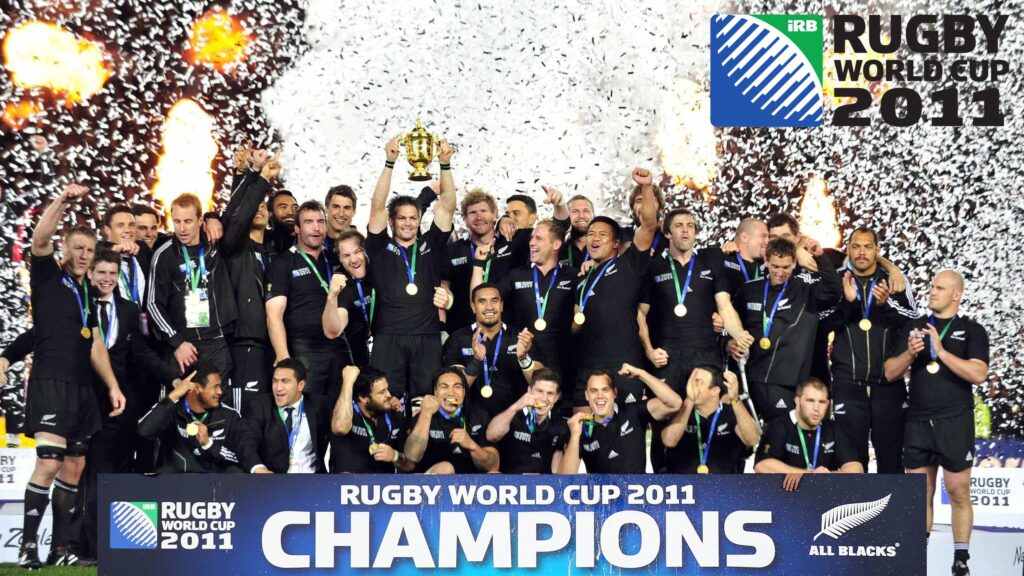
2011 – New Zealand
The 2011 Rugby World Cup was held in New Zealand, and it was the All Blacks who emerged as champions for the second time. Led by captain Richie McCaw, the New Zealand team was the dominant force throughout the tournament, winning all of their matches on their way to the final. In the final, they defeated France 8-7 in a tense and closely contested match at Eden Park in Auckland.
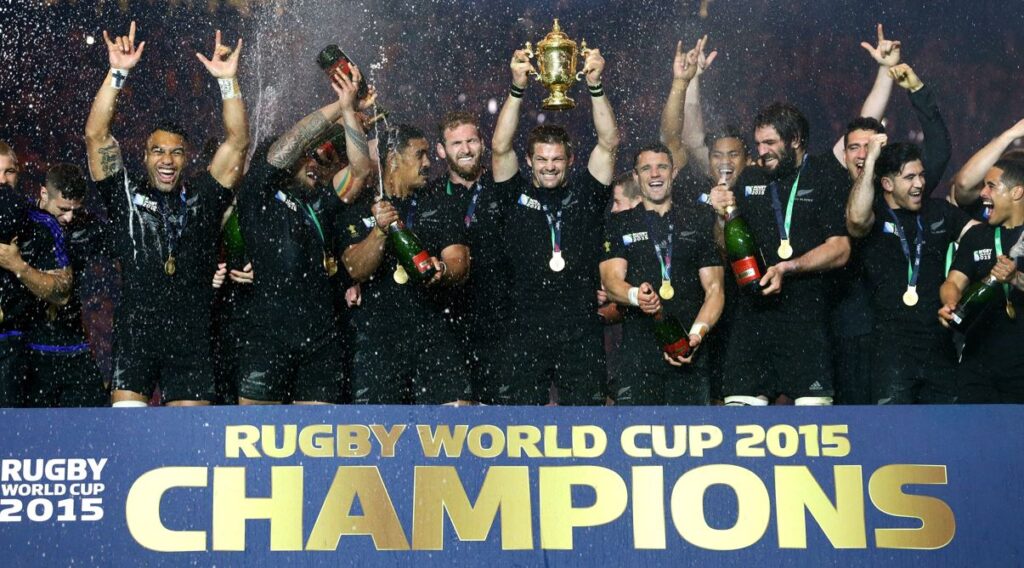
2015 – New Zealand
The 2015 Rugby World Cup was held in England, and it was once again the All Blacks who emerged as the champions. Led by captain Richie McCaw, who became the first player to lead a team to back-to-back Rugby World Cup titles, New Zealand dominated throughout the tournament. In the final, they faced their old rivals Australia, and produced a scintillating display of attacking rugby to win 34-17 at Twickenham in London. The victory cemented New Zealand’s status as the most successful team in Rugby World Cup history.
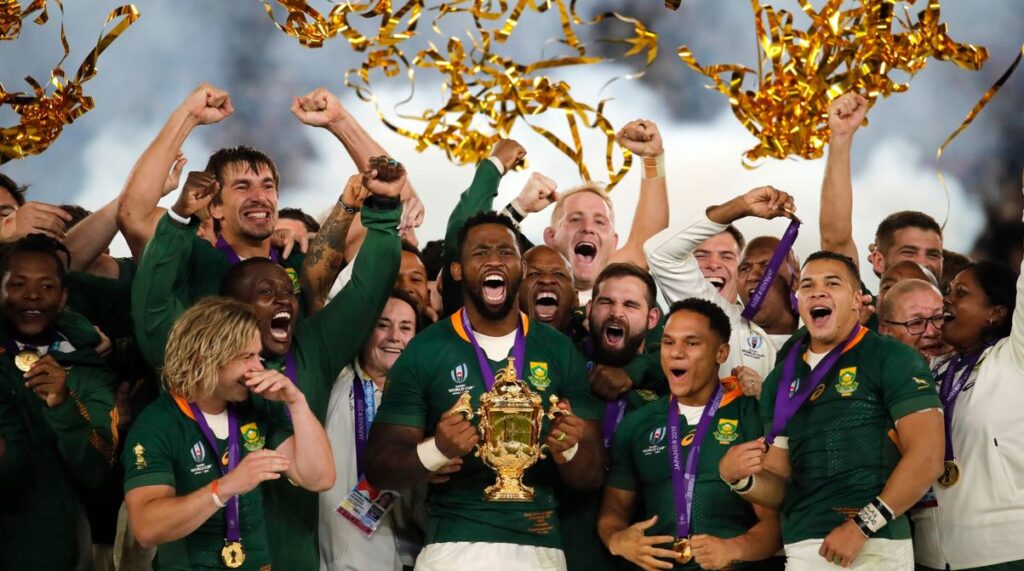
2019 – South Africa
The most recent Rugby World Cup was held in Japan in 2019, and it was the Springboks who emerged as the champions for the third time. Led by captain Siya Kolisi, who became the first black player to lead the South African team, the Springboks produced a series of dominant displays to reach the final. In the final, they faced England, who were the favorites to win after defeating the All Blacks in the semifinals. However, the Springboks produced an outstanding performance, led by the boot of fly-half Handre Pollard, to win 32-12 at the International Stadium Yokohama. The victory was a historic moment for South African rugby, and a fitting tribute to the late Chester Williams, a member of the 1995 winning team who passed away earlier in the year.
In conclusion, the Rugby World Cup has produced some truly memorable moments over the years, with each tournament bringing its own unique story. The nine teams that have won the title have all left their mark on the competition, with their style of play, leadership, and moments of brilliance etched into rugby history. As we look forward to the next Rugby World Cup 2023, scheduled to be held in France, we can only wonder what new heroes and stories will emerge on the world stage of rugby.

